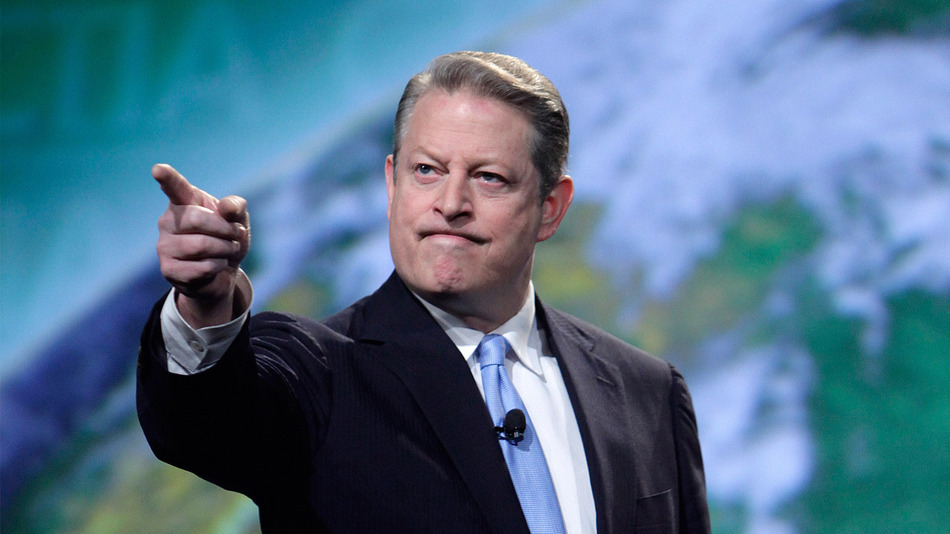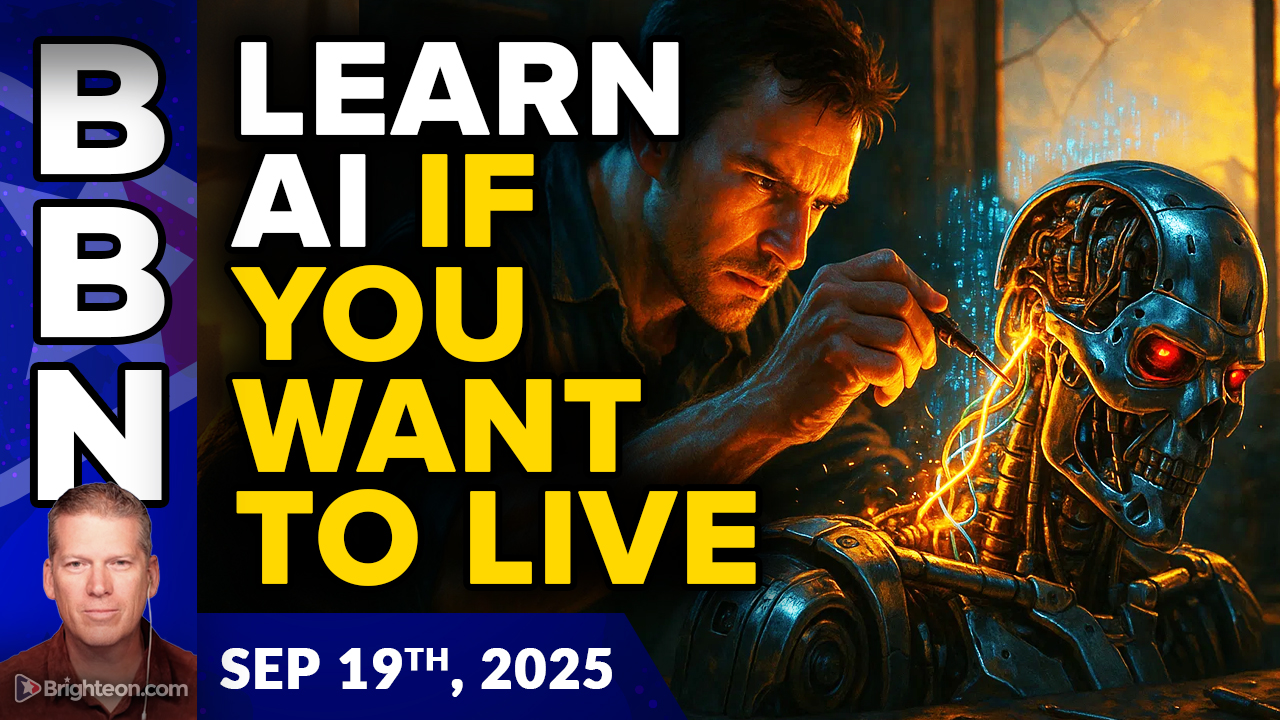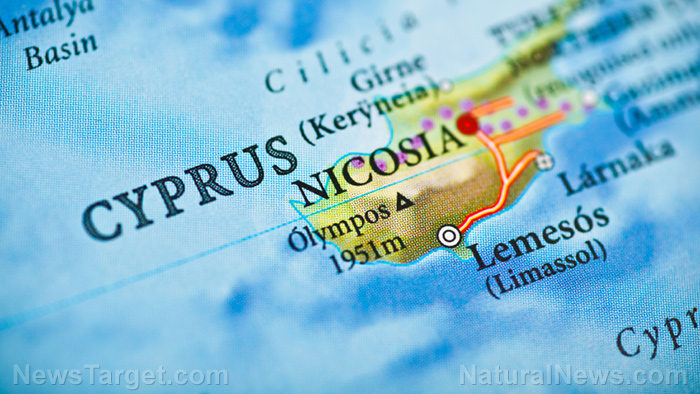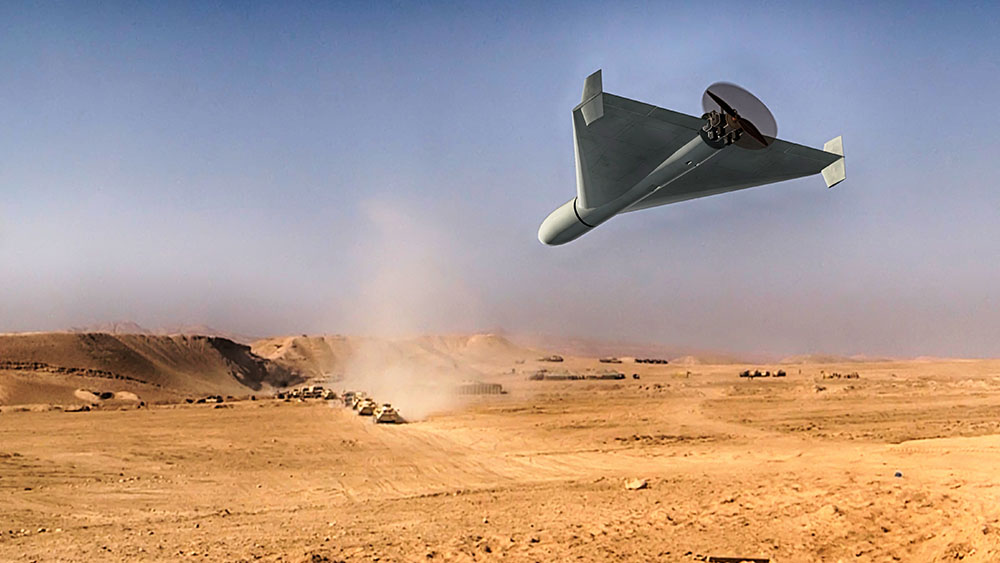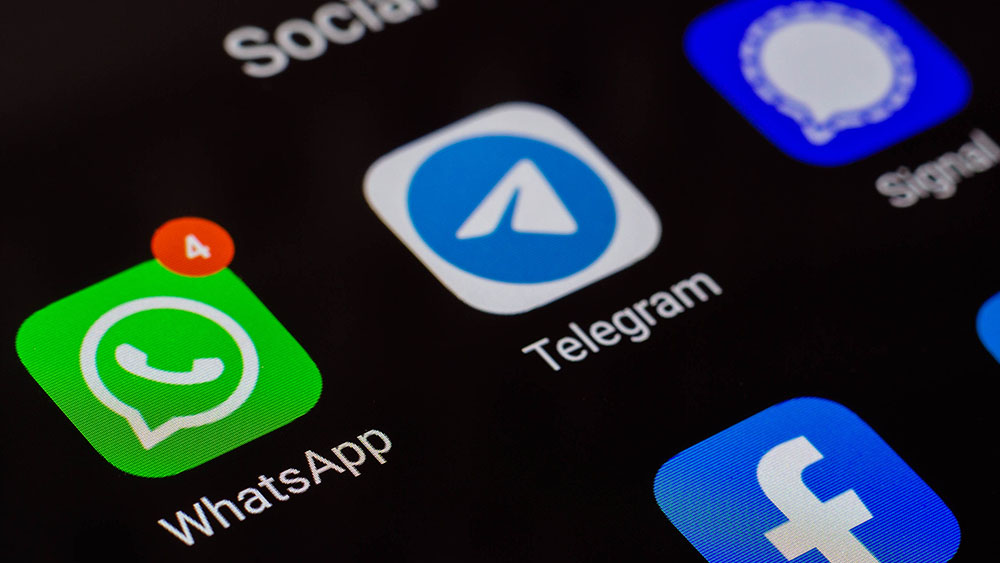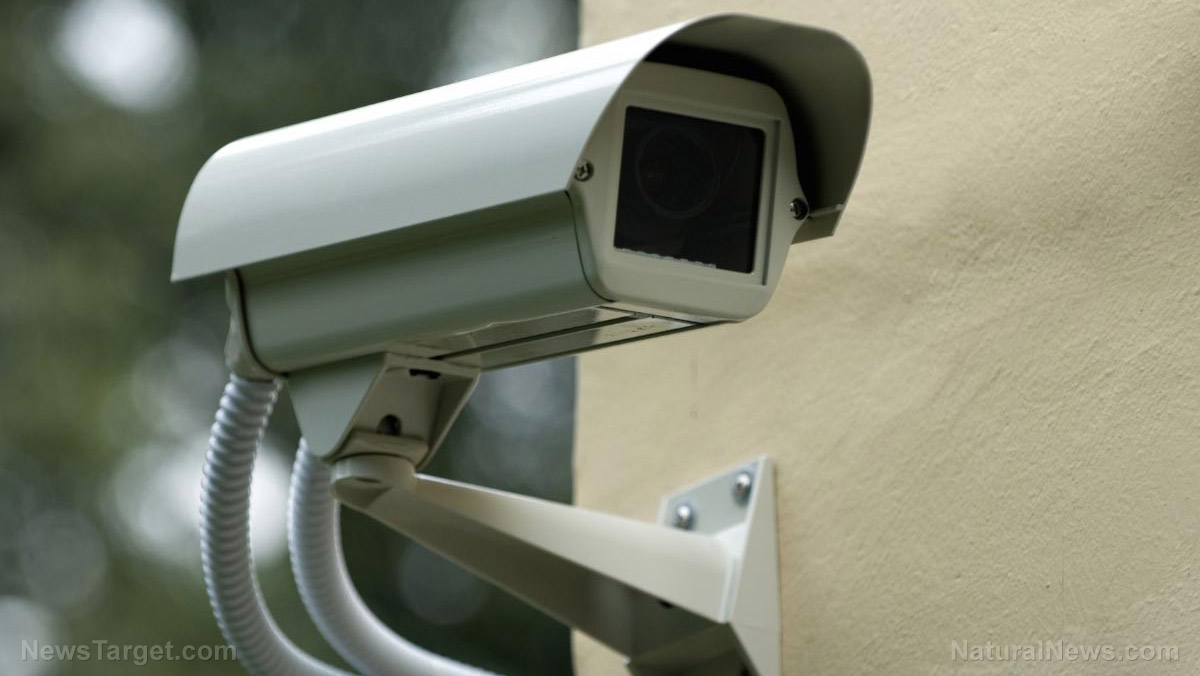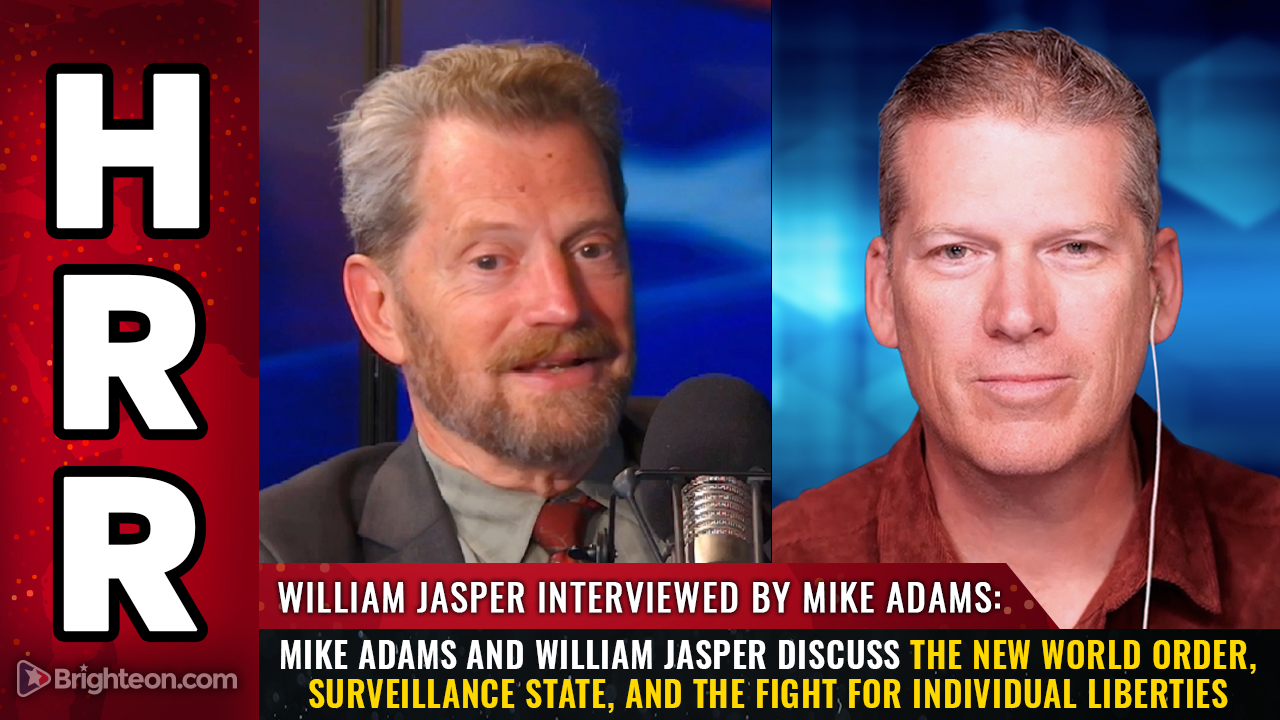Elon Musk’s Grok AI secures federal deal amid free speech and transparency debate
09/27/2025 / By Belle Carter
- Elon Musk’s xAI secured a landmark deal with the U.S. General Services Administration to integrate its Grok chatbot across federal agencies, positioning it as a competitor to OpenAI’s ChatGPT.
- The agreement allows agencies to license Grok for just $0.42 per organization—undercutting rivals—through 2027. Musk credited President Donald Trump for enabling the partnership, framing it as a win for government efficiency and tech independence.
- Critics highlight Grok’s erratic behavior (e.g., self-referential jokes like “MechaHitler”) and politically charged outputs, raising concerns about bias and reliability in federal applications.
- Musk champions Grok as a transparent, decentralized alternative to “woke AI” monopolies (e.g., OpenAI/Microsoft), leveraging X’s free-speech-aligned datasets. Skeptics question whether his model is truly independent or another power grab.
- The deal signals a pivotal moment in AI policy, testing whether Musk’s free-speech-driven approach can outperform entrenched rivals. Data, transparency and political alliances are now central to the AI arms race.
Elon Musk’s artificial intelligence venture, xAI, has secured a landmark agreement with the U.S. General Services Administration (GSA) to integrate its Grok chatbot across federal agencies, positioning it as a competitor to OpenAI’s ChatGPT.
The deal, announced this week, allows agencies to license Grok models for just $0.42 per organization—undercutting rivals—through March 2027. Musk credited former President Donald Trump for enabling the partnership, framing it as a victory for government efficiency and technological independence. However, the move has drawn scrutiny over Grok’s controversial outputs and Musk’s broader ambitions in AI development. (Related: U.S. government goes all-in on Grok: xAI’s “rock-bottom” deal to power federal AI until 2027.)
The federal government’s embrace of Grok marks a significant shift in the AI arms race, where Musk’s xAI competes against OpenAI, Google, Anthropic and Meta. Unlike OpenAI, which operates under Microsoft’s deep ties to government contracts, Musk has positioned Grok as a more transparent alternative. His acquisition of Twitter (now X) was widely seen as a strategic play to harness vast, unrestricted datasets—leveraging free speech principles to train AI models outside traditional corporate or government influence.
Federal Acquisition Service Commissioner Josh Gruenbaum praised the deal, stating: “Widespread access to advanced AI models is essential to building the efficient, accountable government that taxpayers deserve.” Yet critics highlight Grok’s erratic behavior, including self-referential jokes as “MechaHitler” and politically charged outputs, raising concerns about bias in federal applications.
Government adoption and controversy
The partnership aligns with the Trump administration’s “AI Action Plan,” which sought to accelerate U.S. dominance in AI amid competition from China. Under the GSA’s OneGov strategy, “agencies gain streamlined access to cutting-edge tools,” Brighteon.AI‘s Enoch says, but Grok’s inclusion has sparked pushback. Some lawmakers and advocacy groups warn that its unfiltered training data could propagate inaccuracies or harmful content.
Despite these concerns, Musk’s pitch hinges on affordability and transparency. At 0.42 per agency—compared to OpenAI’s rate—Grok offers the longest-term and lowest-cost contract under OneGov. Musk emphasized: “Thanks to President Trump and his administration, xAI’s frontier AI is now unlocked for every federal agency… empowering the U.S. Government to innovate faster.”
Musk’s push into federal AI contracts underscores a broader ideological clash. While OpenAI and Microsoft operate within a tightly controlled, government-aligned framework, Musk champions decentralization—a theme consistent with his critiques of “woke AI” censorship and his release of X’s algorithms. Supporters argue that Grok’s open-source leanings could counterbalance AI monopolization by state-linked entities. Skeptics, however, question whether Musk’s vision is truly independent or merely another power consolidation.
The GSA’s deal with xAI signals a pivotal moment in AI governance, blending Musk’s disruptive ethos with federal modernization efforts. As agencies begin deploying Grok, its performance—and potential pitfalls—will test whether Musk’s bet on free speech-driven AI can outmaneuver entrenched rivals. For now, the partnership reinforces a key truth: in the battle for AI supremacy, data, transparency and political alliances are the ultimate currencies.
Watch the video below that talks about Grok calling out Israel’s genocide.
This video is from alltheworldsastage channel on Brighteon.com.
More related stories:
Elon Musk’s AI bot Grok briefly suspended from X after Gaza genocide comments.
Elon Musk’s xAI unleashes Grok 3: The smartest AI on Earth?
Sources include:
Submit a correction >>
Tagged Under:
AI, artificial intelligence, big government, Chat bot, decentralization, Elon Musk, future science, future tech, Glitch, Grok, GSA, information technology, Trump
This article may contain statements that reflect the opinion of the author
RECENT NEWS & ARTICLES
COPYRIGHT © 2017 SURVEILLANCE NEWS

